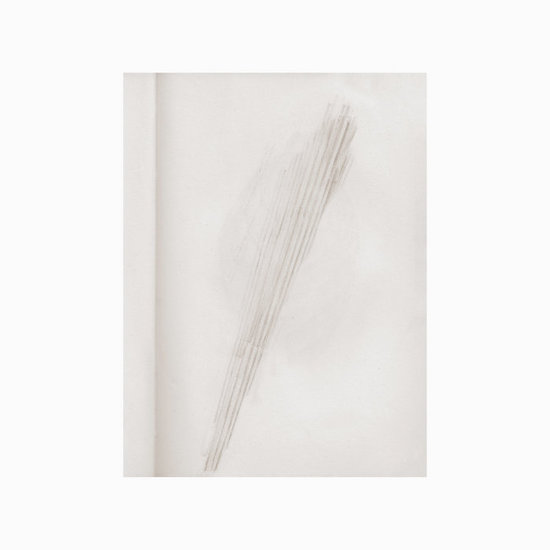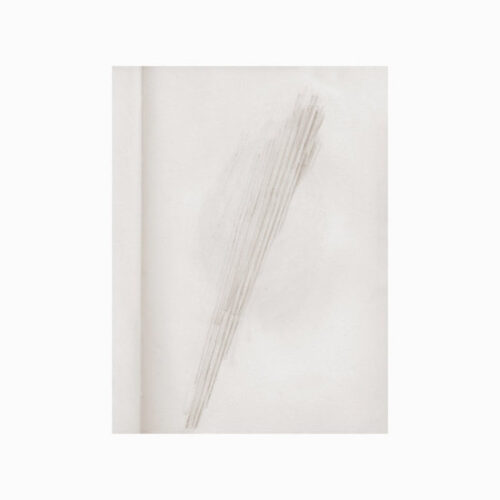Field recordings have become so ubiquitous that the concept itself reached meme status in recent years. On one hand, sound snippets captured in wild, urban, and domestic environments are no longer exclusive to music that strives to be experimental, but is regularly used in mainstream productions. On the other hand, pure field recordings as in musique concrète are considered derisively démodé, haunted by the naive implication that once you’ve recorded one cicada, you’ve recorded them all. With that in mind, proclaiming Lawrence English’s new album of largely untouched field recordings from the Amazon to be one of the most exciting and powerful pieces of music released this year might sound mad. In reality, it is anything but.
A characteristic that distinguishes the Australian musician and Room40 label owner from most other artists in the field is that he is first and foremost a listener. The concepts English based his 2017 thesis The Listener’s Listening on – like the idea of “relational listening” – were already at work roughly a decade earlier when he recorded the material used to make A Mirror Holds the Sky. Thus, the thirty-six minutes of music condensed from fifty hours of recordings by way of “an act of acoustic and temporal compression” are an exquisite exercise in deep listening where the recordist becomes a conduit to the listener. To achieve this, in the crucial phase of sound collection, English and his wife Rebecca shifted focus outside themselves and listened beyond the immediate, bringing forward fascinating shapes from what could otherwise easily be perceived as background noise. Then, similar to how his 2016 work Approaching Nothing recaptured and built upon the spirit of Luc Ferrari’s cult Presque rien n° 1, English demonstrates a keen ear for splicing, layering, and sequencing the material. From it, he creates a striking composition and unearths an immediate and coherent narrative.
The album progresses delicately through its six movements, with the chirp and murmur of insects gaining in volume and intensity until their unison resembles a synthetic texture from one of his drone records such as Wilderness of Mirrors or Lassitude. The mesh of noises undulates slowly, revealing repeating rhythms that feel intentional at first, then gorgeously chaotic as if trying to escape a delirious crescendo. On ‘The River’, a river gurgles eternally, while English’s subtle touches and sound design suggest a sense of calm and awe. A frog’s violent croaks wait just around the corner and provide a lead of sorts, hurrying everything forward to land us on ‘The Shore’. Here, for the first and maybe last time, the high-frequency buzz of a mosquito sounds utterly dazzling, pressed against a minimalist symphony of modulating insect and bird songs. Any piece of music as majestic as this one should have a bombastic ending, and ‘The Rain’ delivers that moment of grandeur with a bumbling, expanding thunder whose roar is akin to gods playing celestial timpani.
Ultimately, the greatest achievement of A Mirror Holds The Sky is in bestowing the listener with the impression of having lived those moments in the Amazon along with English, observed the flora and fauna, and felt the rain on their skin while the sounds were being recorded. By foregoing any moralising or ecological puritanism, the album instead focuses on transmitting the sheer immensity of the jungle, making us feel simultaneously insignificant and a part of it.



